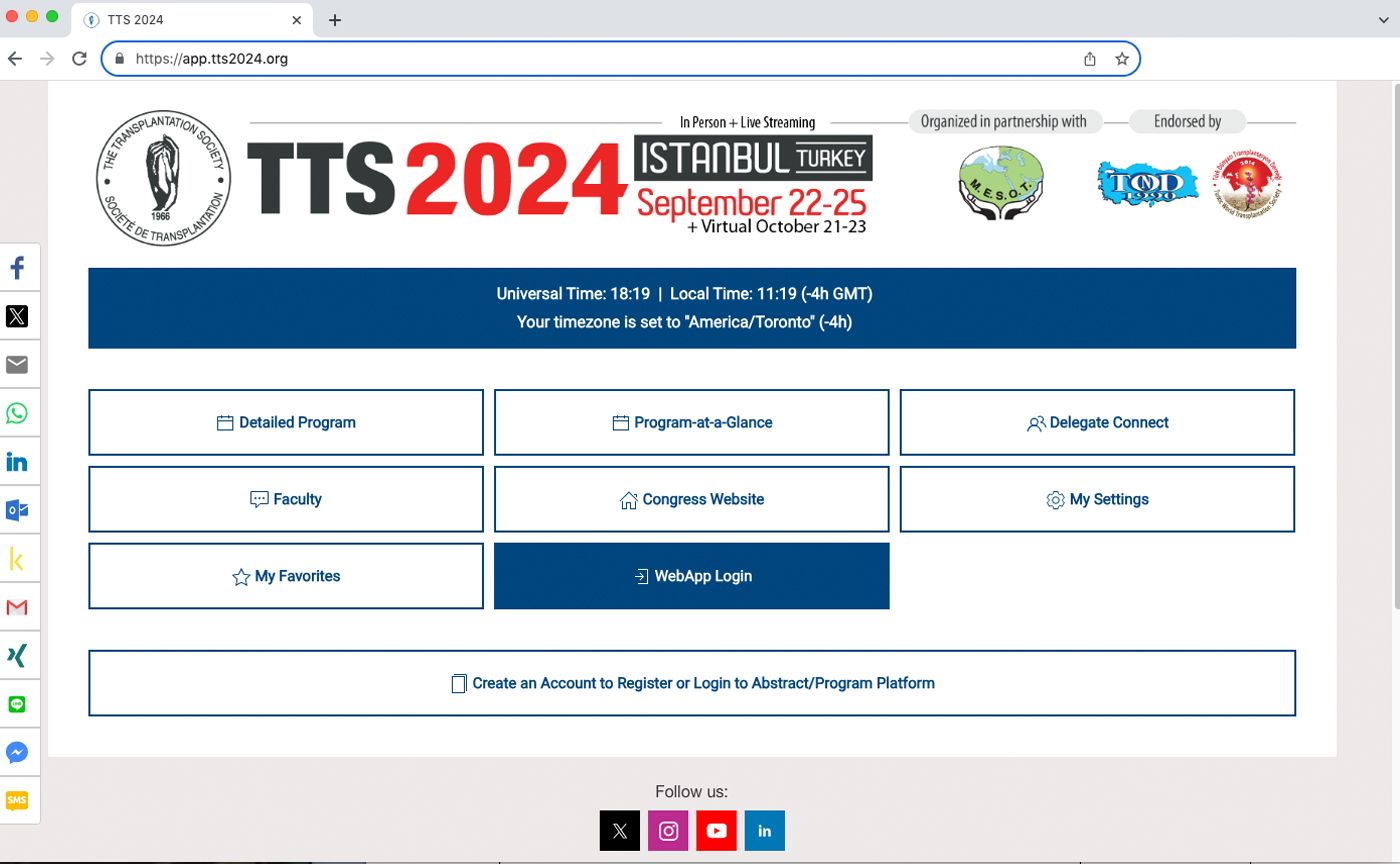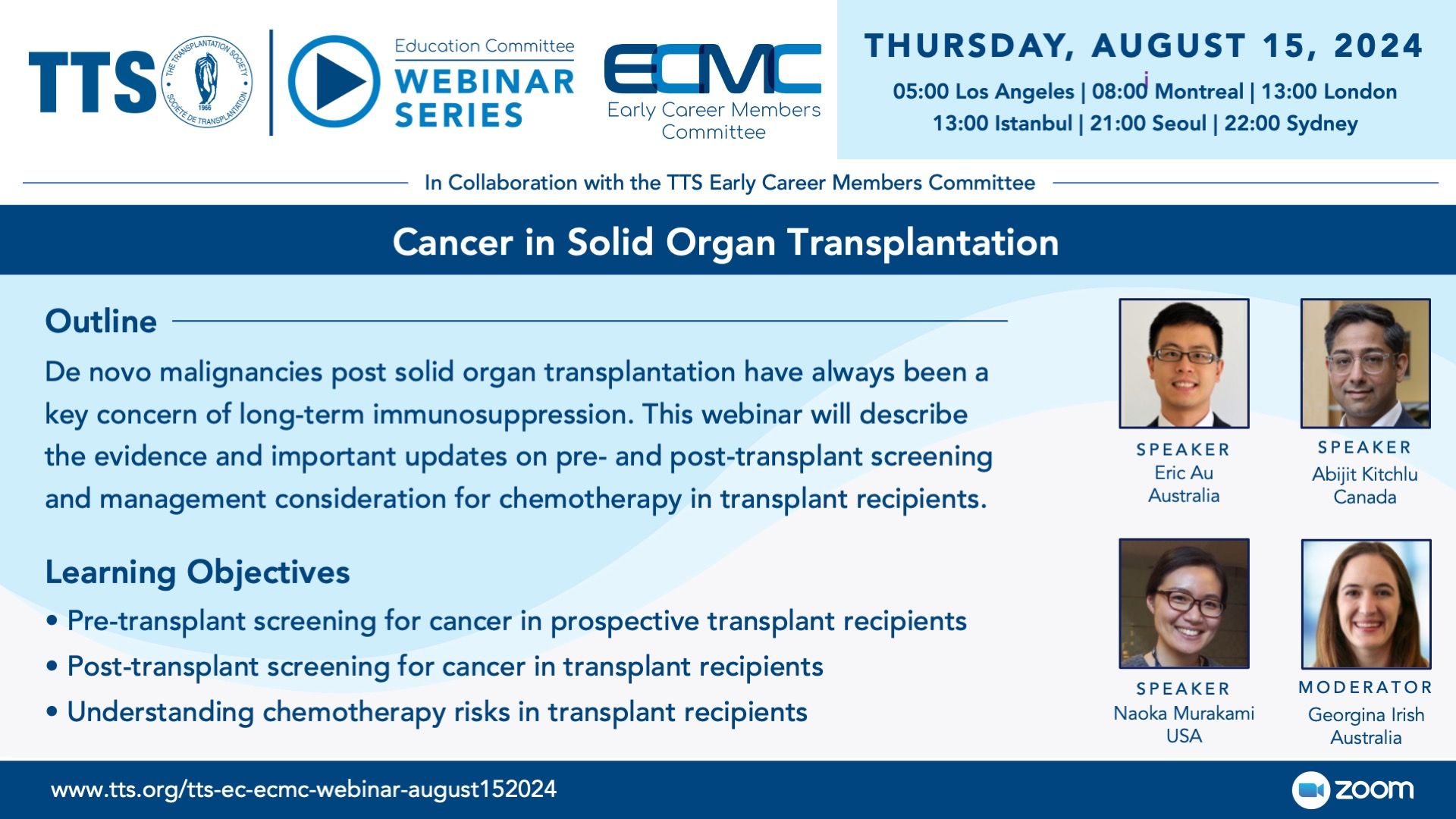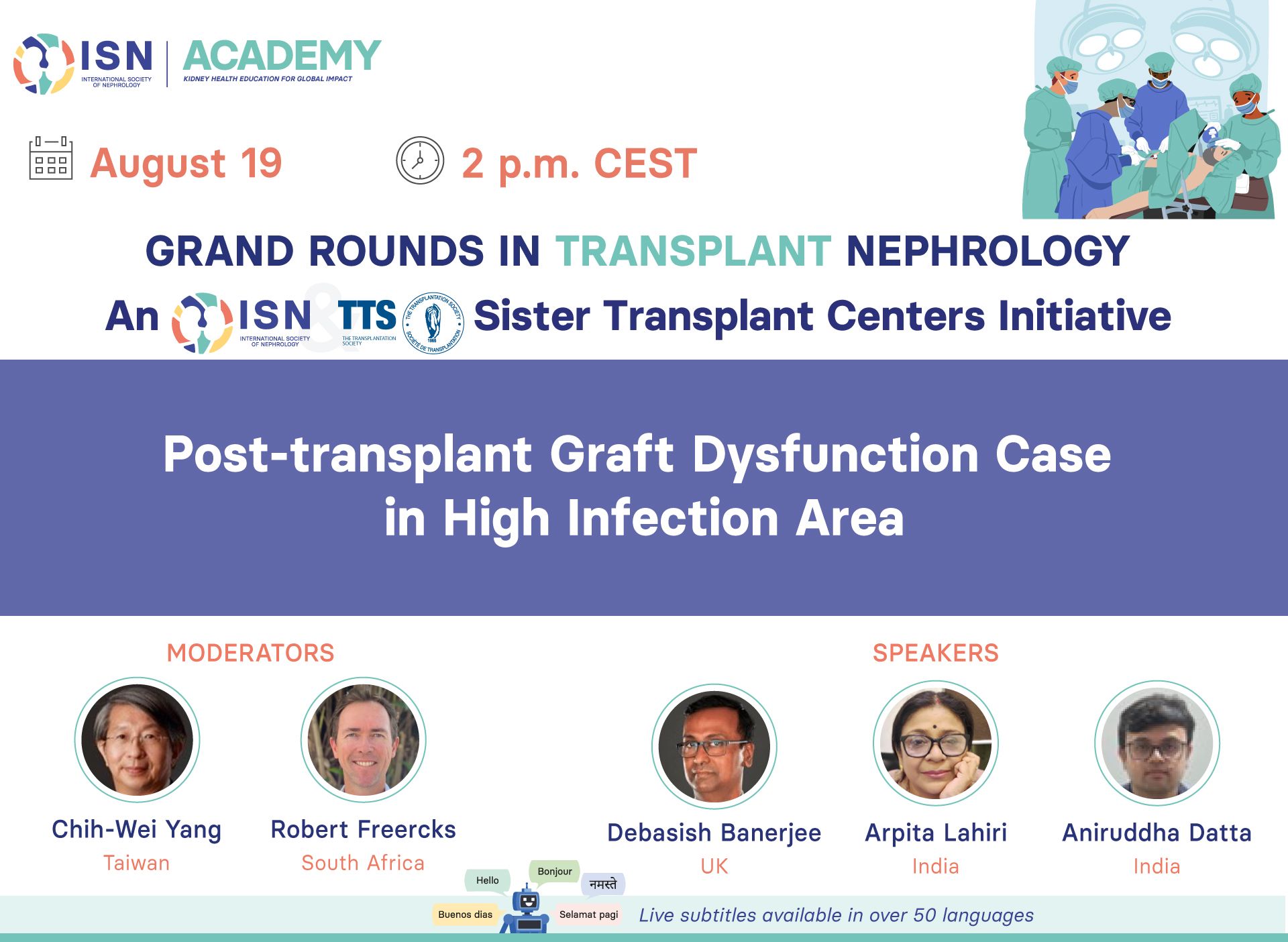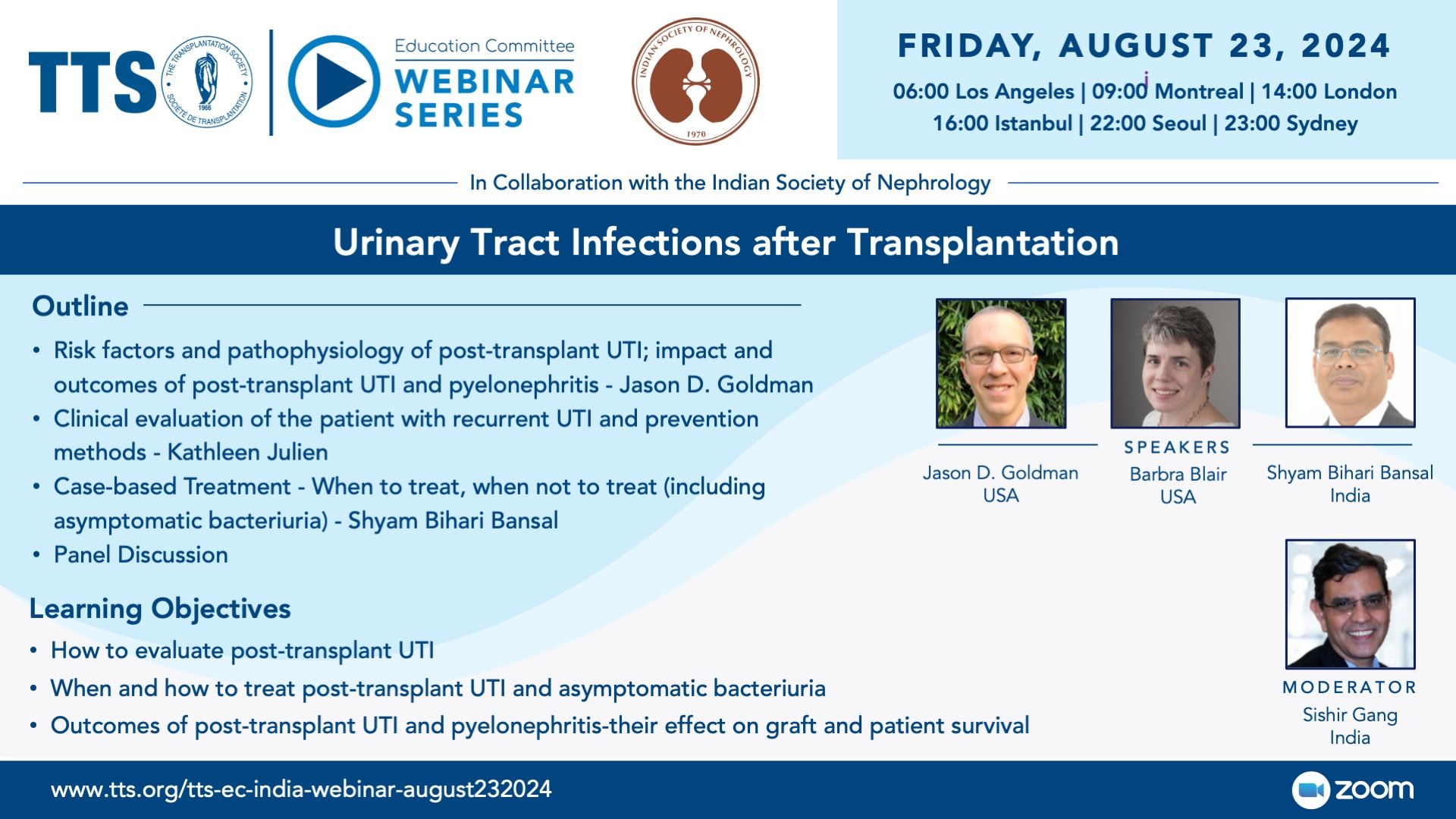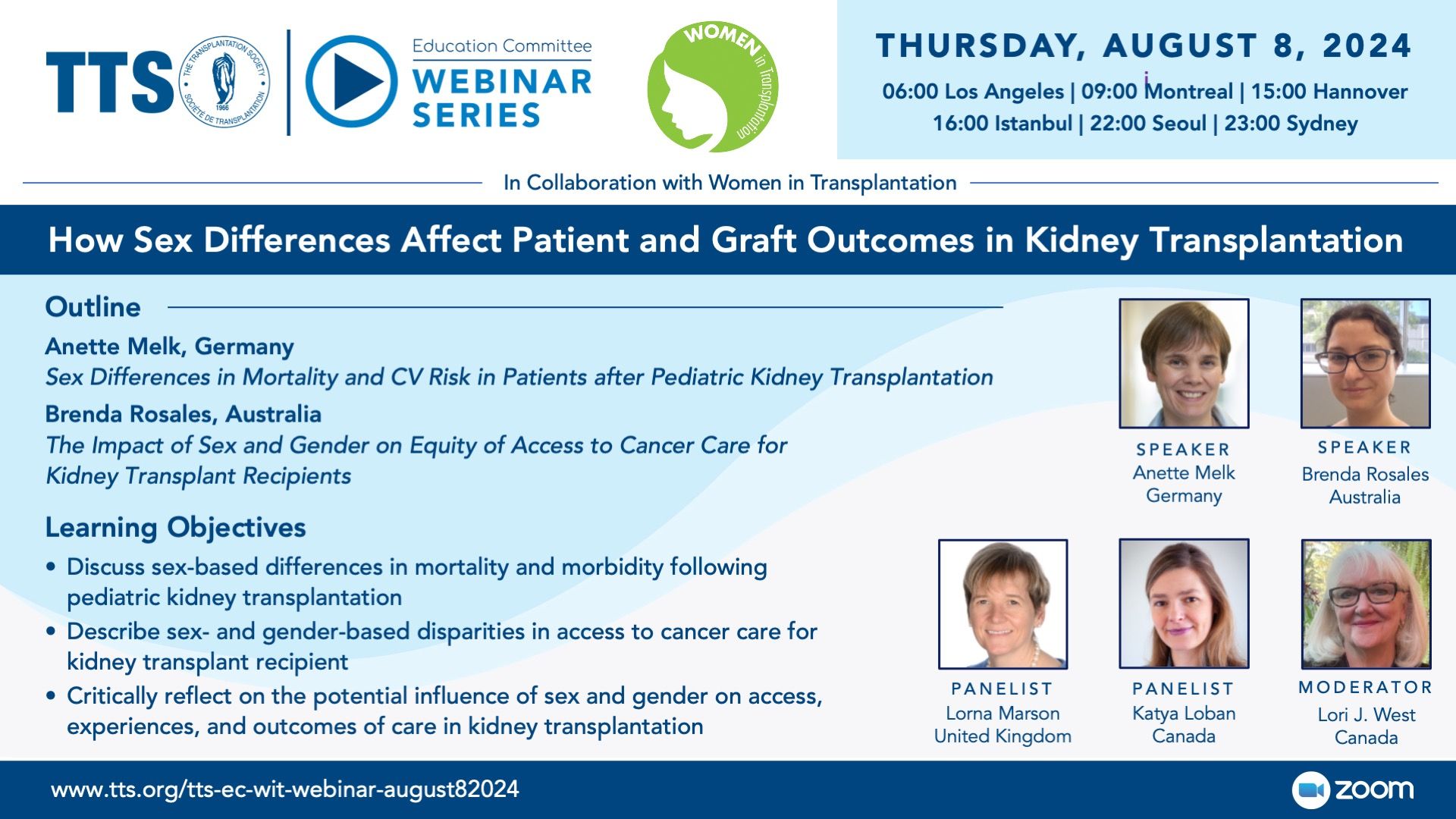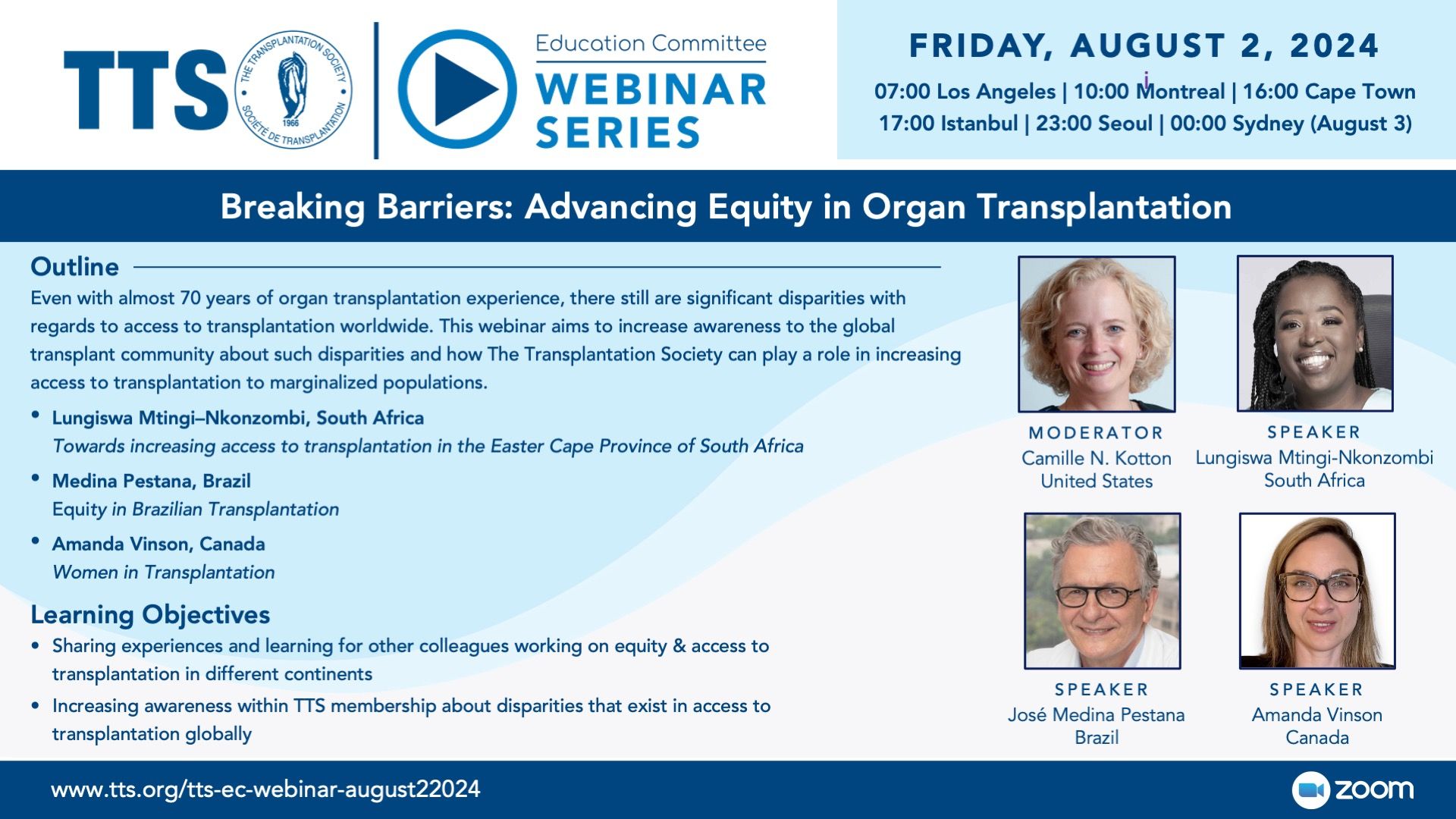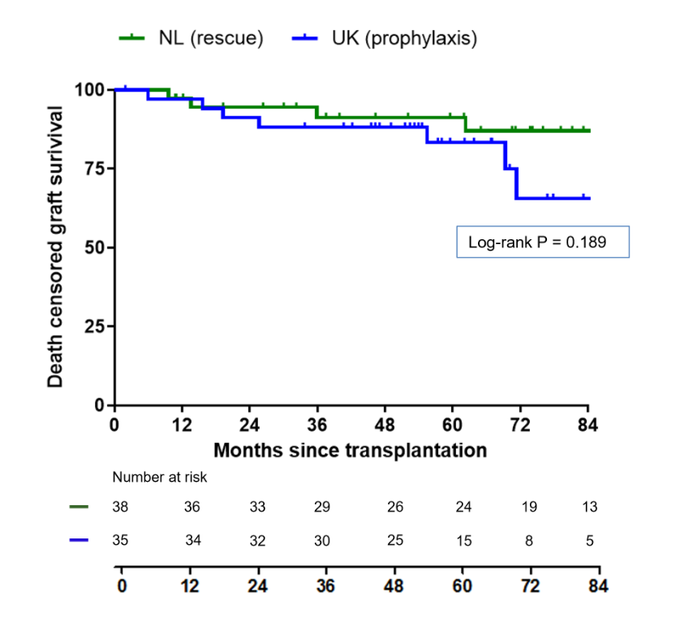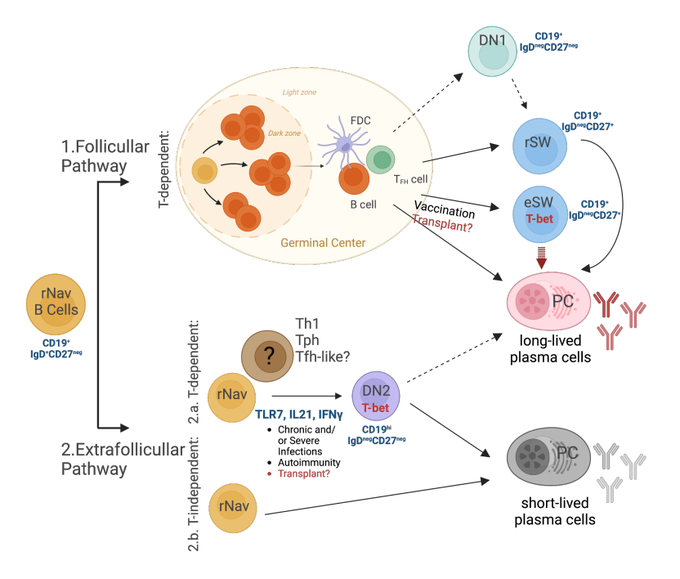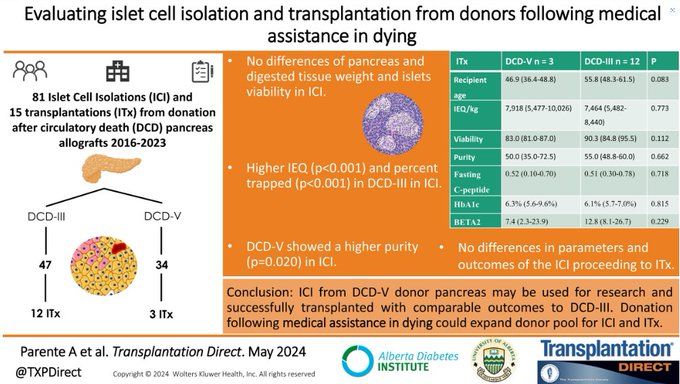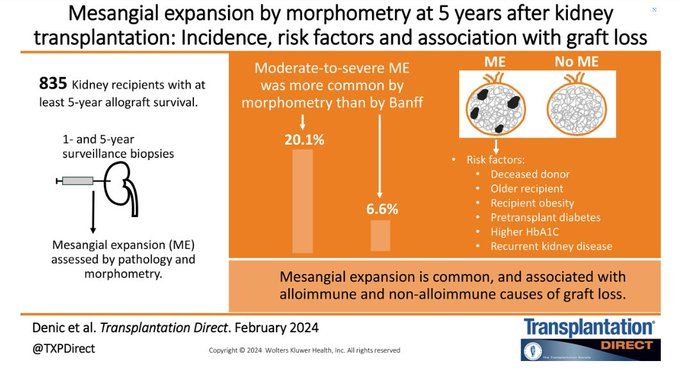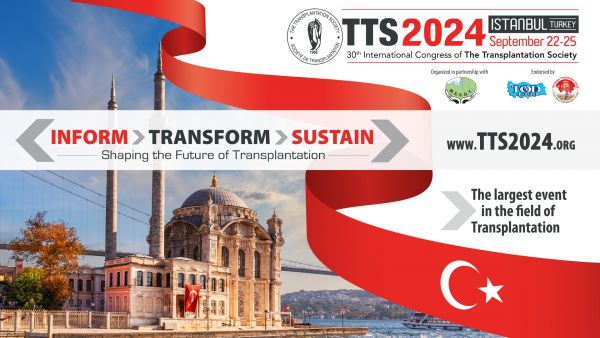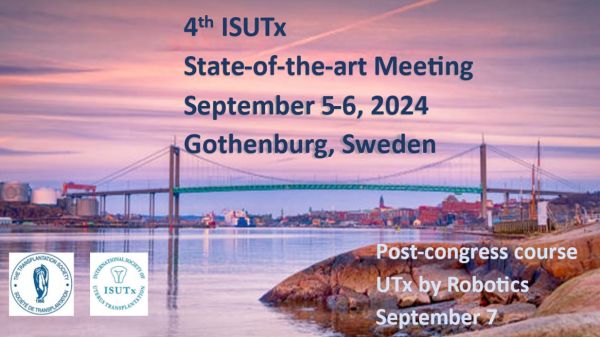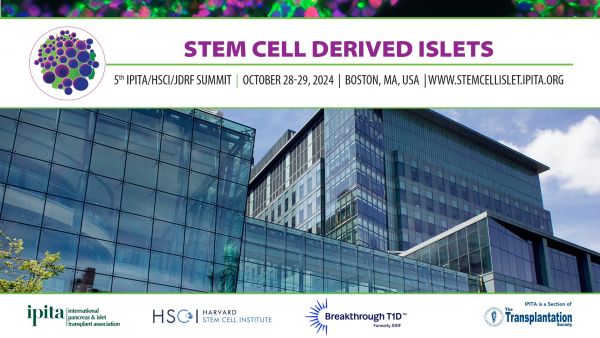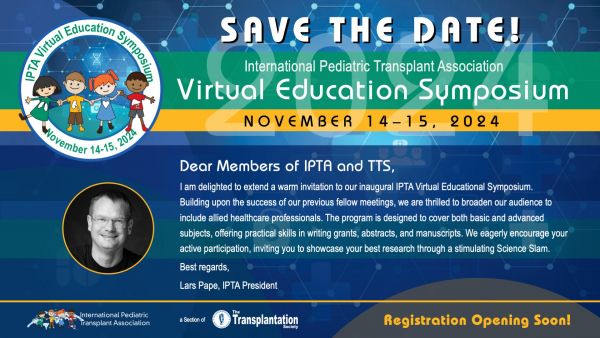Duquesne University has received a new $1.5 million grant that will expand research into using nanoparticle technology to preserve human limbs for transplantation surgeries.
Aug. 7 - The grant awarded to Dr. Jelena M. Janjic of Duquesne’s School of Pharmacy will create novel preservation strategies for multiple tissue types, including skin, bone, nerves and blood vessels. Preserving tissue is essential for successful transplantation, as several hours can pass before the donor tissue is recovered and transplanted into the patient. As the lead researcher, Dr. Janjic will partner with Dr. Vijay S. Gorantla, professor of surgery at Atrium Health Wake Forest Baptist Medical Center, to study the efficacy of novel therapies developed in her lab at Duquesne. Faron Pharmaceuticals, a Finnish drug discovery company, and BMIOrganbank, a leader in clinical and research solutions for organ preservation, are industry collaborators on the project.




